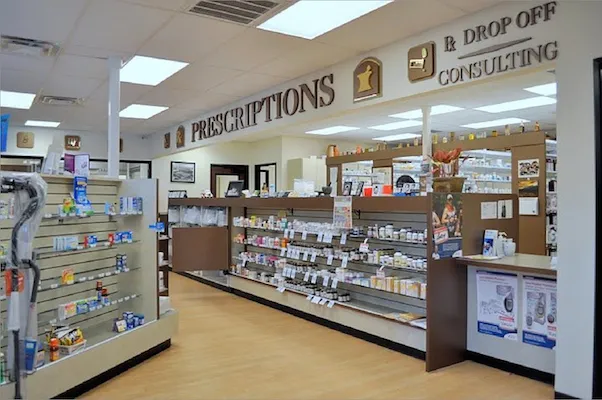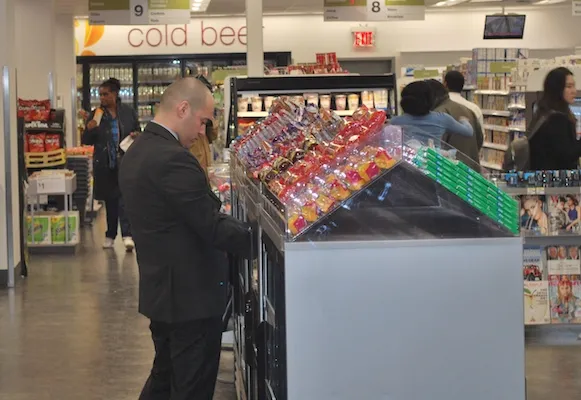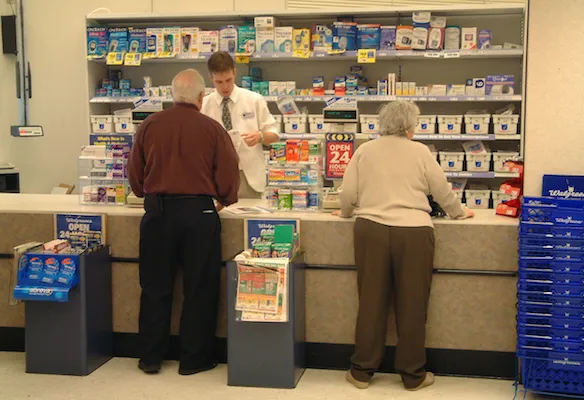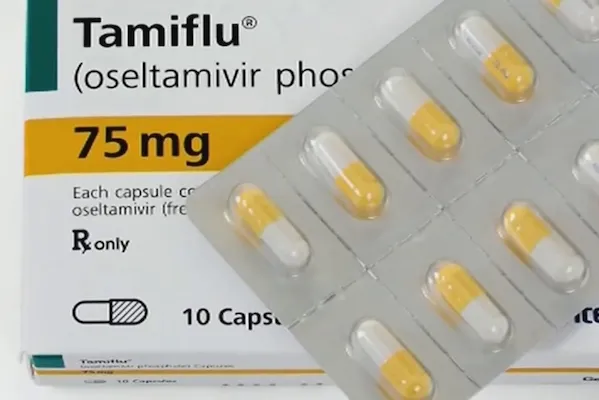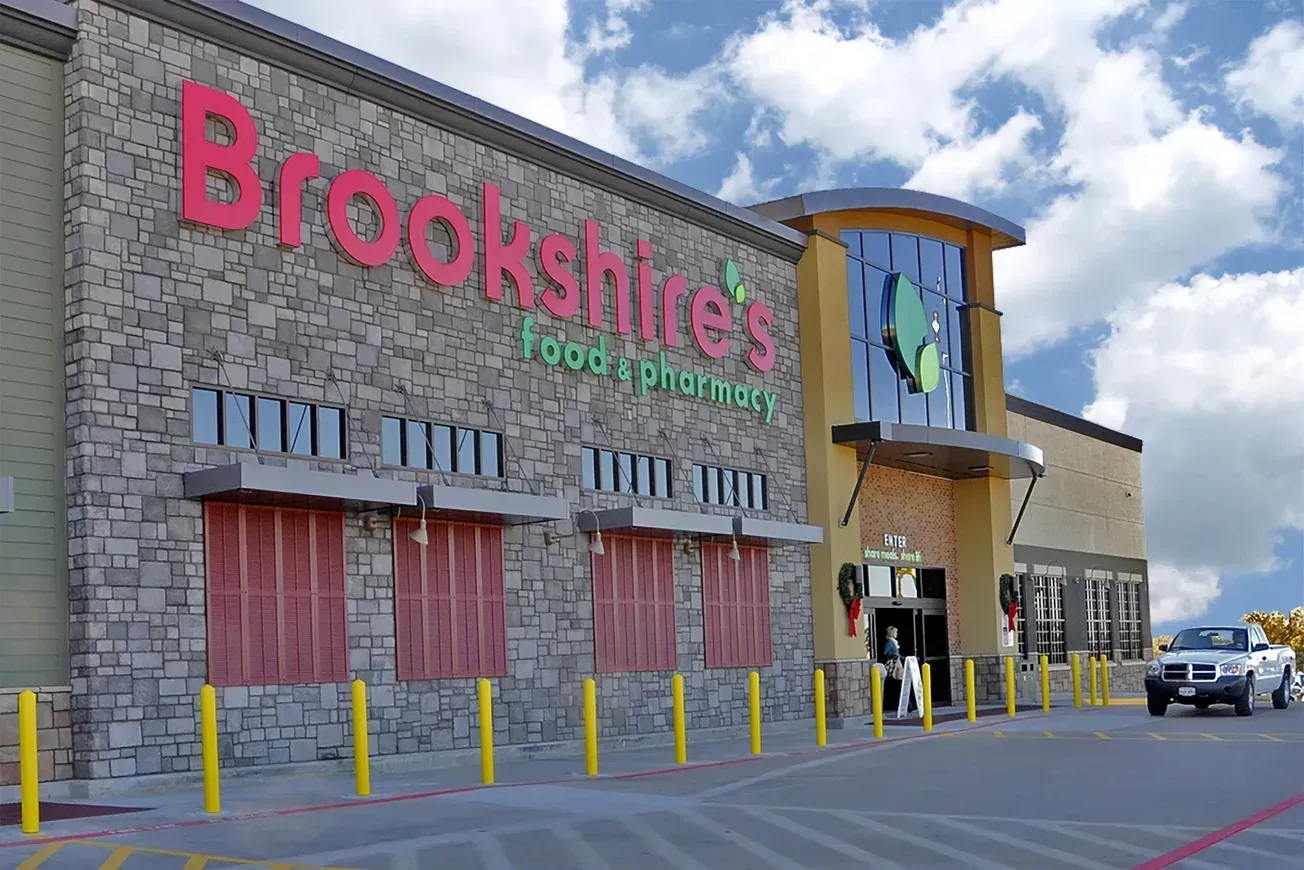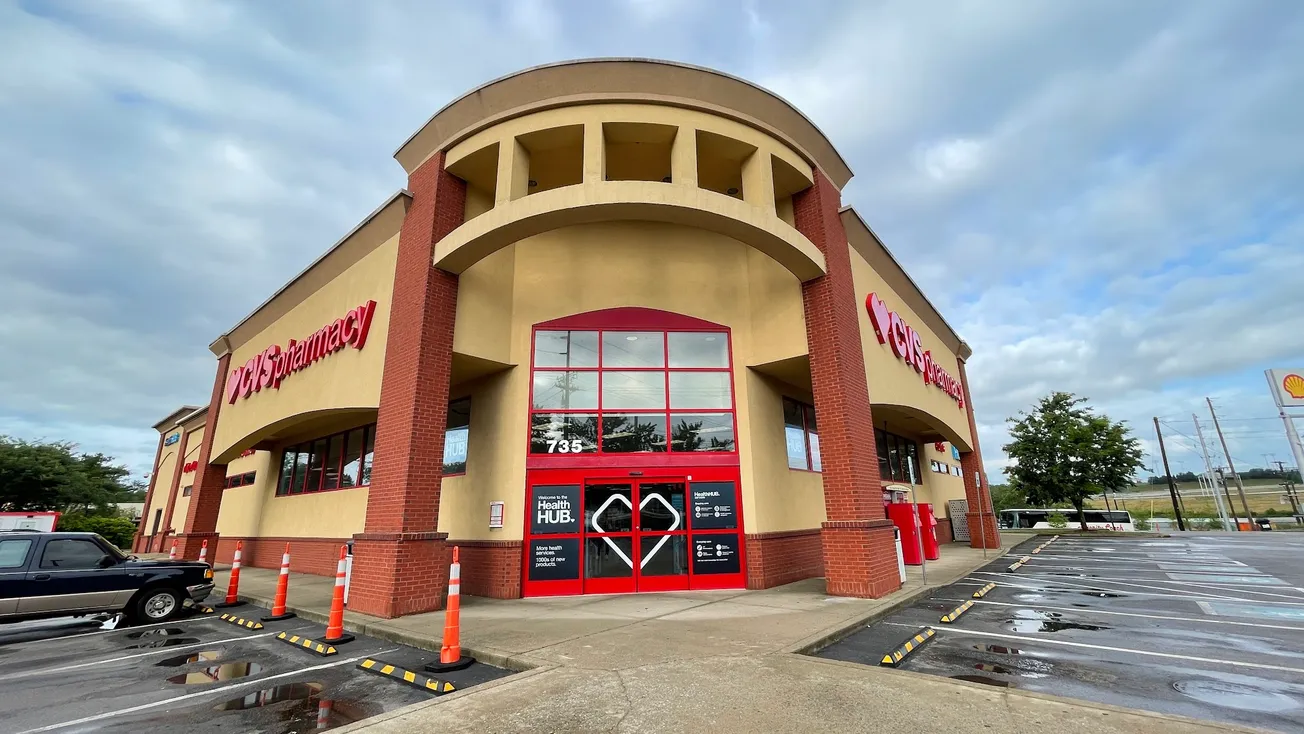Suffice it to say, community pharmacies are getting squeezed by retroactive DIR fees.
That’s what the results of a survey from the National Community Pharmacists Association said. NCPA reported Friday that, because of retroactive direct and indirect remuneration fees, 84% of independent pharmacy owners polled said they don’t know what their final reimbursement will be at the point of sale, and 77% said it takes four to 12 months before they find out that figure.
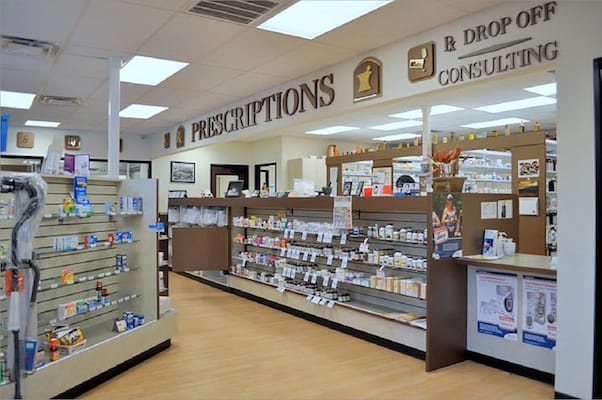
Pharmacy owners surveyed also said that DIR fees hinder their ability to plan for the future of their business (cited by 84%), make cash flow unpredictable (78%), make it hard to predict operating revenue (75%), push patients into the Medicare Part D coverage gap more quickly (87%) and inflate patient cost-sharing levels (69%).
“Our members say fixing retroactive pharmacy DIR fees should be NCPA’s priority for 2018. The results of this recent survey will help us make the case to the Centers for Medicare & Medicaid Services and members of Congress that a fix is needed, and it’s needed now,” NCPA CEO B. Douglas Hoey stated.
DIR fees also are never itemized to a specific claim, according to 35% of respondents. What’s more, 82% of those polled indicated that they don’t receive information about how the fees are linked to quality measures, even though PBMs say pharmacy DIR fees are tied to patient health outcomes.
NCPA said it included the survey findings in comments submitted to CMS in response to the agency’s proposed rule for 2019 Medicare Part D plans, which included a request for information on a possible proposal to include DIR fees at the point of sale.
“The only realistic solution is to end the retroactive nature of DIR fees, whether through S. 413 / H.R. 1038, the Improving Transparency and Accuracy in Medicare Part D Drug Spending Act, or by CMS flexing its regulatory muscles in a similar manner,” Hoey added.

